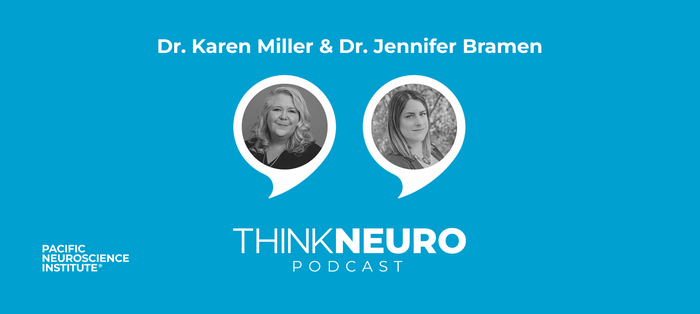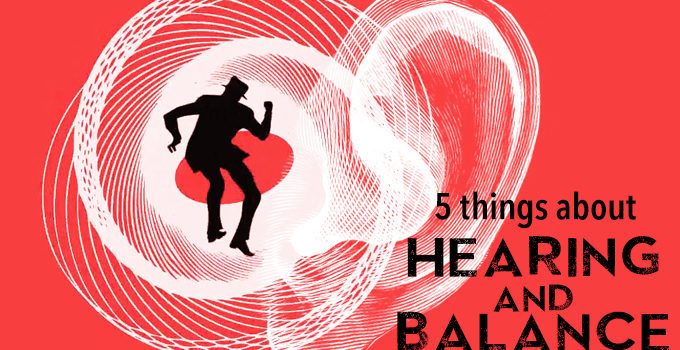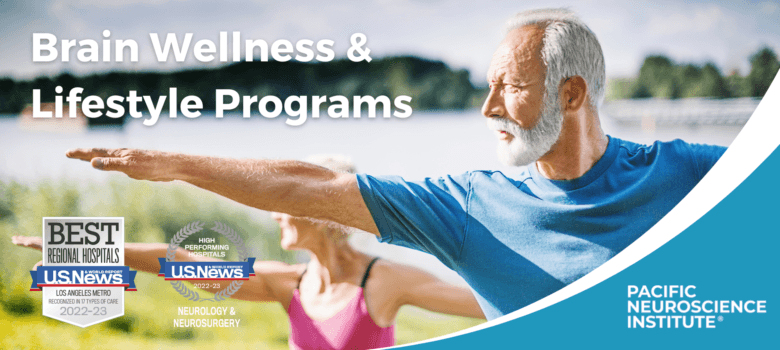
Blog
Exercise for People with Multiple Sclerosis
by PNI Experts
For people with Multiple Sclerosis being physically active is one of the most beneficial adaptations to a lifestyle with MS.
What Is the Difference Between Ischemic stroke and Hemorrhagic Stroke?
by PNI Experts
Sandra Narayanan, MD, Vascular Neurologist and Neurointerventional Surgeon at the Pacific Stroke and Neurovascular Center at Pacific Neuroscience Institute, explains the difference between hemorrhagic and ischemic stroke.
PNI’s Cochlear Implant Program Gives the Gift of Hearing to Young & Old
by Guest Author
PNI launches a new Cochlear Implant Program for adults and children led by Rhodes Scholar Courtney Voelker, MD, PhD.
15 Early Warning Signs of Multiple Sclerosis All Women Need to Know
by Guest Author
Multiple Sclerosis (MS) can affect your entire body. Learn the signs, symptoms, and treatment options with Neurologist and MS Specialist Barbara Giesser, MD.
Brain Health Dynamic Duo | Dr. Jennifer Bramen & Dr. Karen Miller
by Anthony Effinger
Strange though it may seem, we can tone our brain tissue the same way we tone our muscles. The fitness of our gray matter depends on how well we take care of ourselves.
Treatment & Clinical Research for Head and Neck Cancer at PNI
by Guest Author
Evan Walgama, MD, a head and neck surgical oncologist at Pacific Neuroscience Institute's Eye, Ear, and Skull Base Center believes patient decision-making and quality of life are critical metrics in medicine.
5 Things About Hearing and Balance
by Zara Jethani
Have you ever experienced a passing dizziness where you felt like you lost your balance for a moment? Experts estimate that in the course of their lifetime, about four in ten people visit a doctor because of a significant episode of dizziness. Read about the ear's role in balance disorders.
Brain Wellness & Lifestyle Program Launches at PNI
by PNI Experts
Pacific Neuroscience Institute announced today the launch of the new Lifestyle Program at the Pacific Brain Health Center.
What is Ketamine Therapy?
by Keith Heinzerling
Ketamine therapy is used to treat of depression, anxiety, PTSD, end-of-life distress, chronic pain, drug/alcohol problems, and more. Learn how it works.
What Is Cervical Dystonia?
by Natalie Diaz
Cervical dystonia is a localized, or focal, form of a neurological condition called dystonia. It is a very common movement disorder that affects mostly the muscles of the head and neck.
Last updated: November 6th, 2024





